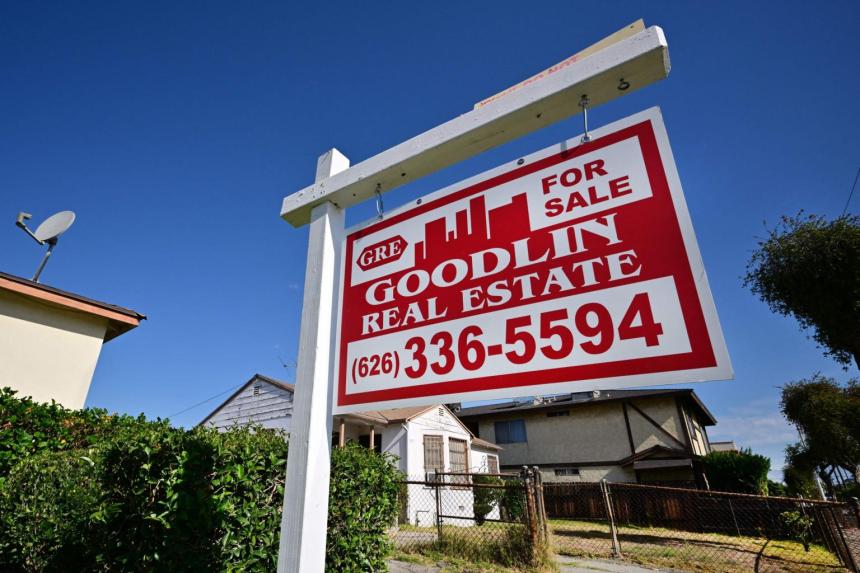BENGALURU - A runaway surge in global house prices is drawing to a close as interest rates rise along with the cost of living, according to Reuters polls of housing analysts, who said prices needed to fall in double digits in several key markets to turn affordable.
Ultra-low interest rates and strong demand from remote workers, which helped house prices in most major economies to outpace not only real wages but also returns on their respective stock markets, were now coming to an end.
What was not ending yet was the rise in consumer inflation, which is above most central banks' targeted ranges and in several cases at multi-decade highs, setting the stage for more rate hikes to come over the coming months.
That does not bode well for a sector that is sensitive to higher interest rates at a time when hordes of new home owners have bought homes at the peak of a multi-year boom in housing.
"We've seen material changes of course already in mortgage rates ticking up from the record low rates of a year or so ago...(which) will begin to bite households," said Mr Adam Challis, executive director of research and strategy for EMEA at JLL.
Reuters polls of over 100 housing strategists between Aug 12 and Sept 2 showed house prices in nearly all the nine major housing markets to slow over the next two years by more than was predicted three months ago.
While only India and Dubai were forecast to post some marginal gains, those median estimates were nearly identical to the May poll.
Despite that tempered outlook, a crash in house prices was not a view shared by most analysts as strong labour markets across the developed world were expected to keep delinquency rates from rising.
But most analysts said prices were already so high that even the low single-digit rises predicted from here, or in some cases outright falls, were not enough to make them affordable.
Supply is not improving either as house building is not expected to keep up with demand.
"Affordability has worsened and it would take quite a large price adjustment on the way down to actually kind of get back to the affordability metrics we were at six months ago," said Mr Liam Bailey, global head of research at Knight Frank.
He said the most likely near-term outlook for property markets is that turnover slows to a trickle as sellers are reluctant to admit the market is falling and that they need to cut their asking prices.
But even when price declines kick in for most markets as predicted next year, analysts are calling only for a small dent in how much average prices have risen over the last few years.
Where housing was rated expensive, analysts said prices need to fall in double digits or close to that level to become affordable.
Canada, Australia and New Zealand, the three most overvalued markets according to the poll, where average house prices have risen by 45 per cent, 35 per cent and 40 per cent over the pandemic, need to fall 17.5 per cent, 17.5 per cent and 20 per cent, respectively, to get back to affordability.
British house prices need to fall 8.5 per cent to become affordable, according to the poll, the least among developed countries.
In Germany and the United States, where rates are now sharply on the rise, those figures were 15 per cent and 10 per cent.
Mr James Knightley, chief international economist at ING, noted of the US market that "with borrowing costs having nearly doubled, we see demand dropping sharply in terms of mortgage applications for home purchase just at a time when supply is really being ramped up".
"This is a recipe for some sharp corrections in several former 'hot spots'," he said. REUTERS

